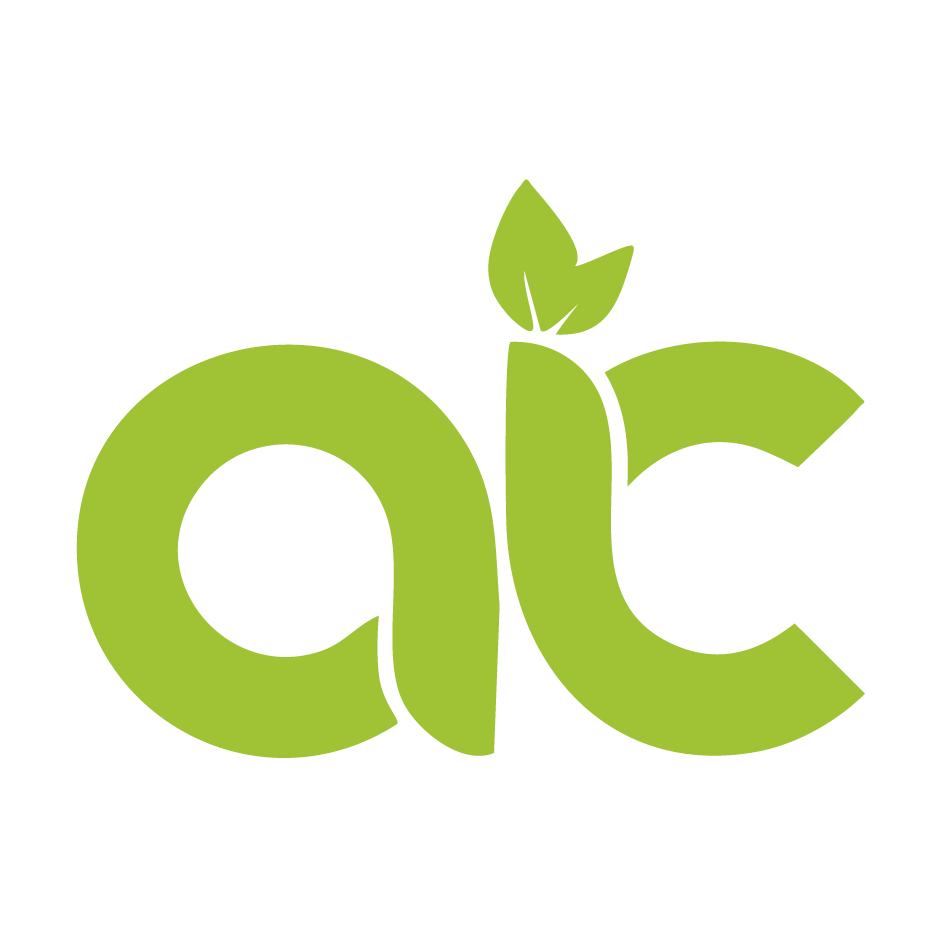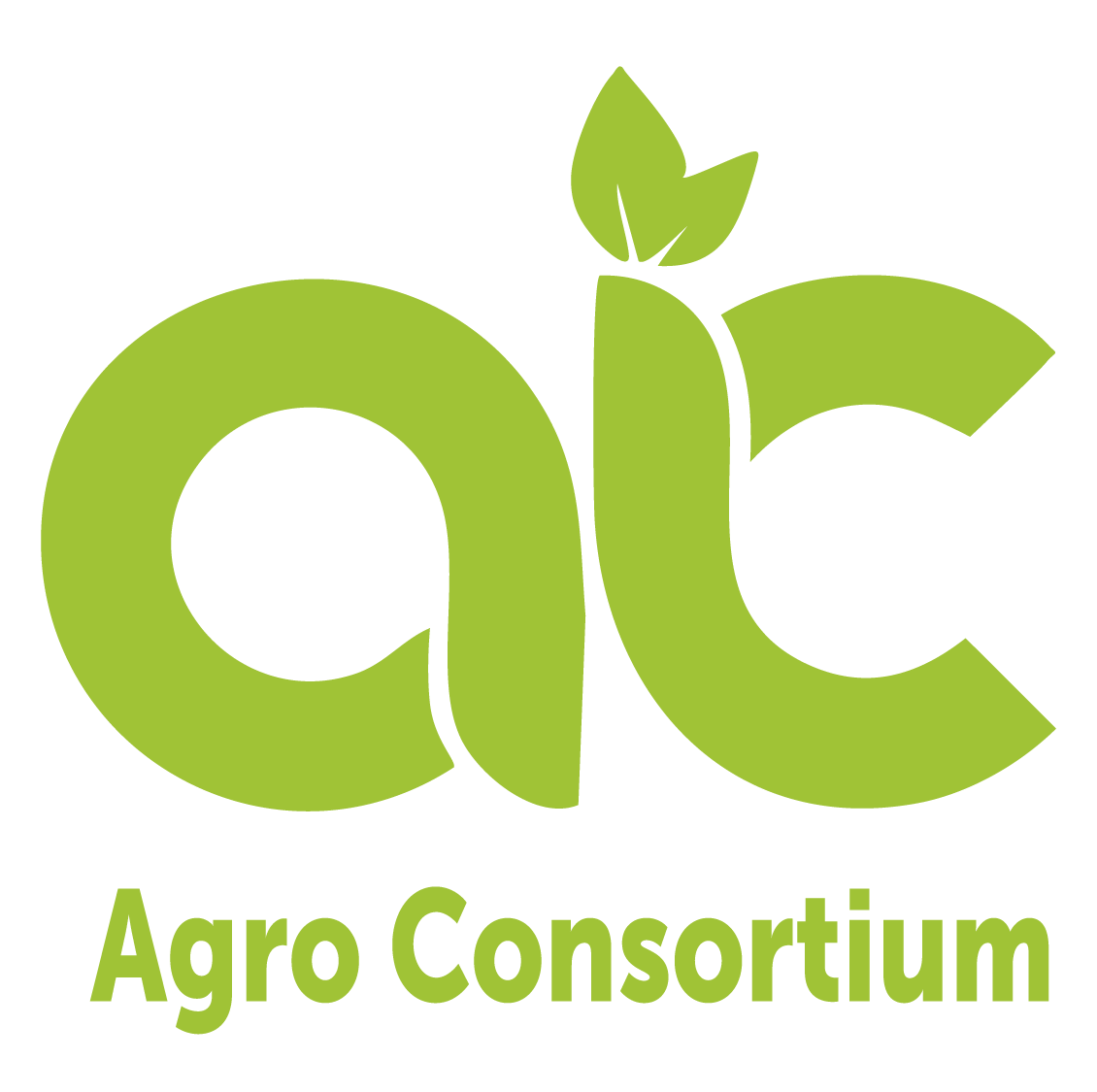AIC is committed to providing innovative and affordable agricultural insurance solutions.
Agro Consortium Uganda is a coalition of 14 licensed insurance companies established to implement the Uganda Agriculture Insurance Scheme (UAIS) a landmark Public-Private Partnership (PPP) between the Government of Uganda, represented by the Ministry of Finance, Planning and Economic Development (MoFPED), and the private insurance sector.
We operate as the implementing partner of the national scheme, which is designed to make agriculture insurance accessible, affordable, and sustainable for farmers across Uganda.




Our Mission
Our Purpose
Our Objectives
- Make agriculture insurance affordable by standardizing premium rates across key crops and livestock.
- Increase farmers’ access to credit by protecting agricultural loans from production-related risks.
- Standardize procedures for subsidy approvals, claims processing, and payouts.
- Provide uniform insurance products, terms, and conditions for all participating farmers.
- Build technical and financial capacity for product development and risk management.
- Ensure cost-effective product delivery and efficient policy and claims handling.
How It Works
The UAIS provides premium subsidies to different farmer categories:
These subsidies are aimed at reducing the cost burden and encouraging farmers to adopt risk mitigation through insurance.
Who We Serve
Our insurance products cover a wide range of farm operations, from smallholder farmers to large-scale commercial enterprises. Eligibility is based on the scale of operation:
- Small-scale: Less than 5 acres or income below UGX 20 million per season
- Large-scale: More than 5 acres or income above UGX 20 million per season
- Small-scale: 1–30 cattle, 1–50 pigs, or 500–2,000 poultry birds
- Large-scale: More than 30 cattle, more than 50 pigs, or more than 2,000 birds
- All fish farmers are classified as large-scale
Farmers involved in enterprises outside the national scheme are still eligible for coverage but are not subsidized—they pay full premiums.
Crops and Livestock Covered
We provide insurance coverage for the following agricultural enterprises:
Crops
Coffee, maize, beans, rice, cotton, bananas, oilseeds (sunflower, sim-sim, soybeans, groundnuts), fruit trees, tea, sorghum, barley, Irish potatoes
Livestock
Cattle, pigs, poultry, fish
Why Agro Consortium Uganda
- Backed by 14 experienced insurance providers
- Operates under a nationally recognized scheme (UAIS)
- Partners with government and development agencies
- Focuses on affordability, access, and efficiency
- Built to protect farmers, promote resilience, and support agricultural finance

